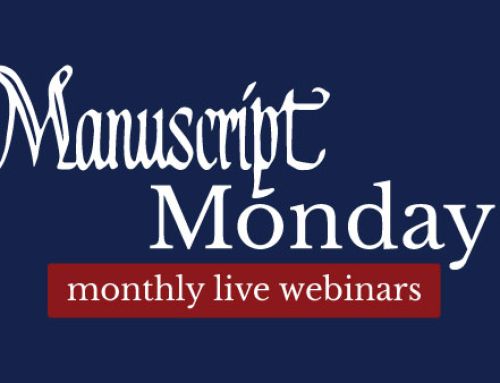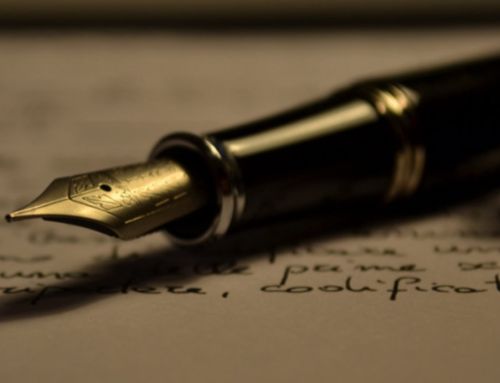Dr. Walter Evans, a leading collector of African-American art, acquired the bulk of his Douglass collection in the 1980s from a dealer. The collection became a seedbed for Dr. Blight’s Pulitzer Prize-winning 2018 biography “Frederick Douglass: Prophet of Freedom.” And now, it has been acquired by Yale’s Beinecke Rare Book & Manuscript Library. It will sit alongside materials from African-American artists, writers and activism in its James Weldon Johnson Memorial Collection.
The Frederick Douglass collection includes manuscripts or typescripts of some of his most famous orations. It includes his 1852 speech “What to the Slave is the Fourth of July” and his 1879 eulogy for the white abolitionist William Lloyd Garrison. There are also photographs, account books, ephemera and letters. Among the letters are more than 40 from his son Lewis to Lewis’s wife, Amelia. Some written while he was at the front with the famed Massachusetts 54th, one of the first Black regiments to fight in the Civil War. Then there are the family scrapbooks! They track both Douglass’s sprawling public career and his complicated and sometimes scandalous private life.
Made during the 19th-century heyday of scrapbooking — they are particularly rich and rare, giving a glimpse not just of Douglass’s public and private life, but of the way it was curated by his family. Letters from prominent figures like Sen. Charles Sumner, the African-American abolitionist Martin Delaney and the poet John Greenleaf Whittier are pasted in. Plus hand written narratives from his sons. Thousands of newspaper clippings record his public career, which included serving as consul general to Haiti and as superintendent of Washington, D.C. But the scrapbooks don’t just record his triumphs. They also record the public interest in the more complicated parts of his life.
For the entire article. Thanks to Carolyn Sung for sharing this article.




Leave A Comment